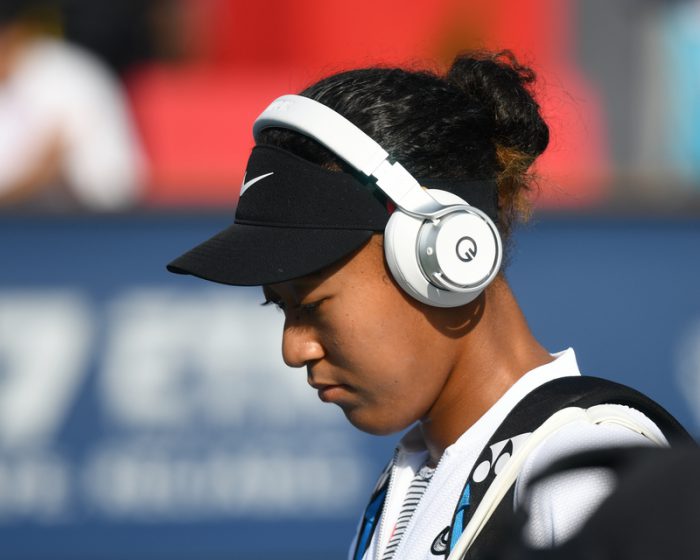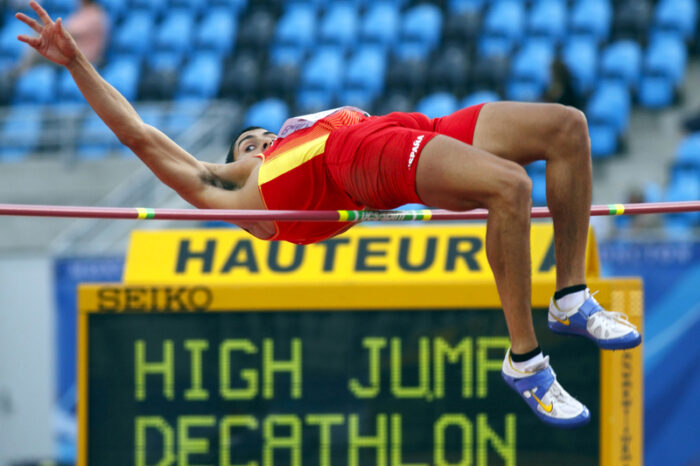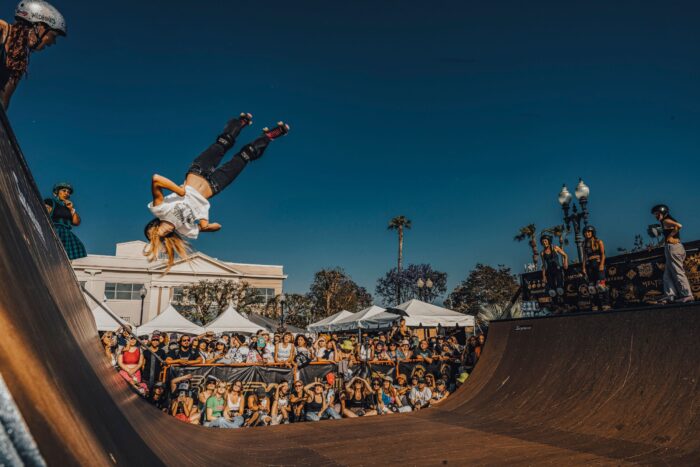In the sport of tennis, there are four events that shine above all others. Known as the Grand Slams, they are the Australian Open, the French Open, Wimbledon, and the US Open. The greatest players in history are all judged for the number of Slams they have won, and every player wants to be at their best during one of these tournaments.
So why is Naomi Osaka—the number two ranked player in the world—skipping not one, but two Slams in a row? Late last week, she announced that she was going to skip the upcoming Wimbledon. This after she voluntarily left the French Open after winning her first match. Why?
For Osaka, it all comes down to her mental health. She has stated that she's long suffered from depression and anxiety during her career, and she wants to take a break. But her actions—and the way that tennis officials have responded to her—has led to a big debate about mental health in sports and the rights of athletes.
How it got started
Naomi Osaka knows about dealing with pressure. She has already won four Slams in her young career—two Australian and two US Opens. (Getty Embed)
This saga all began this May, just before the start of the French Open. Osaka said that she was not going to do her 'media assignments'. That's a fancy word for the press conferences that players take part in after their matches. This is a where reporters ask questions about the match and the athlete's performance. The idea is that they give the press—and the public—a chance to better understand the athletes. But sometimes, these questions can be personal, critical, and stressful to answer.
In a tweet, Osaka said: "I’ve often felt that people have no regard for athlete's mental health and this rings very true whenever I see a press conference or partake in one … I’m just not going to subject myself to people who doubt me."
Osaka knew that she would get fined for refusing to do the press conferences. They are mandatory—meaning something that every player has to do, win or lose. But for her, it was important to be able to focus on playing the sport to the best of her ability. Sure enough, the French Open fined her $15,000 for missing the press conference. But they then did something else.
In a statement from the organizers of all four Grand Slams, Osaka was warned that if she didn't start doing the conferences, she would be ejected from the Open. So she decided to leave the tournament herself.
And now, only a few weeks later, she has gone one step further and announced that she will not play in Wimbledon either. She has decided to skip everything until the 2020 Olympics, held in her native Japan.
Starting a conversation
During last fall US Open, which she won, Osaka wore a different mask before each match in honour of the Black Lives Matter movement. (Getty Embed)
If Osaka had said from the start that she was skipping both the French and Wimbledon, it would've disappointing, but maybe not something that people talked much about. Even the best players skip Slams for personal reasons or injuries. Why not for mental health?
But because such a good player was fined and threatened with being kicked out for just trying to not do the press conferences, many people feel that the people behind the Grand Slams were too harsh on her. This feeling is increased by the fact that Osaka is a very likeable player who is known for her patient kindness and activism for causes such as Black Lives Matter.
In other words, whether she meant to or not, Osaka has started a conversation about how mental health is treated in sports. Because of who she is—and how things happened—people are taking notice.
What's next?
Billie Jean King and Arthur Ashe were two Grand Slam champions who used their voices to challenge how their sport treated female and BIPOC athletes. (Getty Embed)
Tennis is full of traditions, such as only wearing white on the court at Wimbledon or how fans stay quiet while the ball is in play. And having all players meet the press after a match? That's another tradition that asks athletes to represent themselves and the game to the public.
But tennis has seen many of its traditions challenged over the years in the name of racial and gender equality. Players like Althea Gibson, Arthur Ashe, Billie Jean King, and the Williams sisters have worked hard to open up a sport that was dominated by white male players. And today, tennis is a different sport because of them.
Now Osaka is bringing up another important challenge to tennis' traditions. Will the sport change its rules to better consider the mental health of its players?
 Though one of the best players in the world, Naomi Osaka has struggled often with anxiety and depression. (ID 157240006 © Dpselvaggi | Dreamstime.com)
Though one of the best players in the world, Naomi Osaka has struggled often with anxiety and depression. (ID 157240006 © Dpselvaggi | Dreamstime.com)









